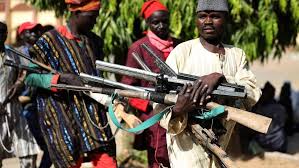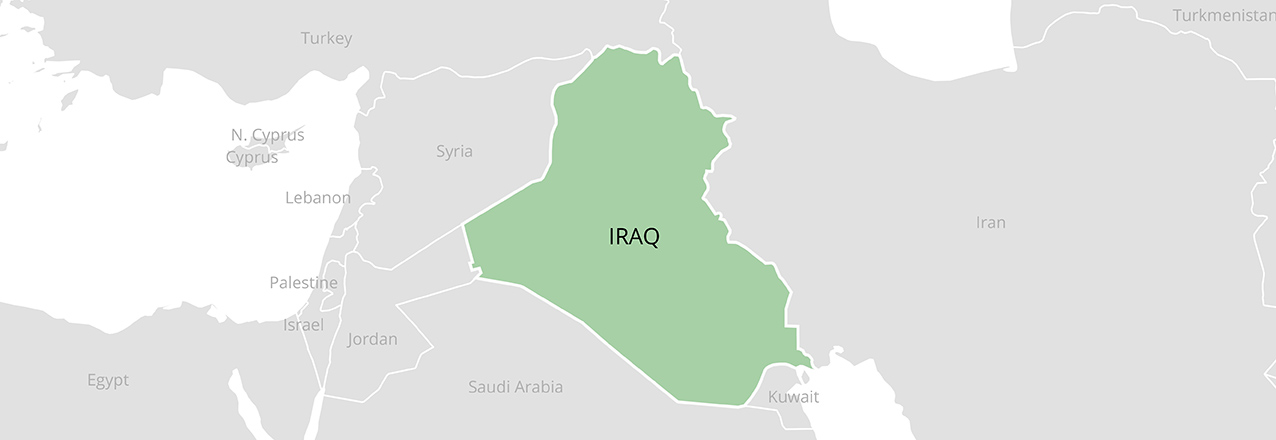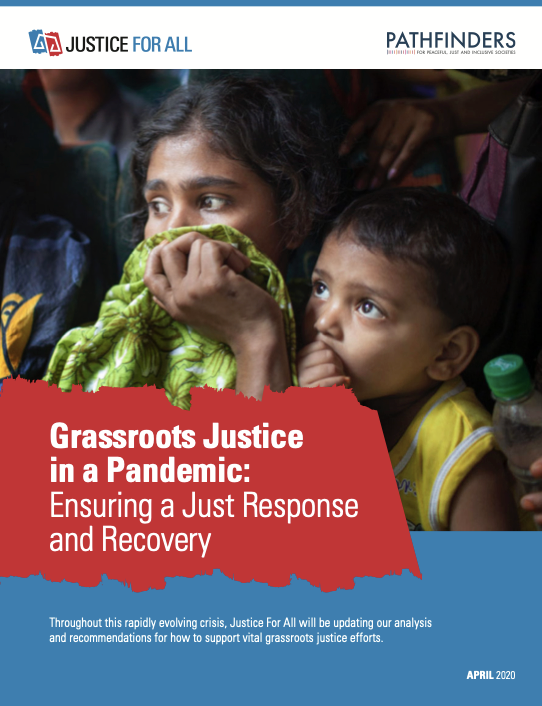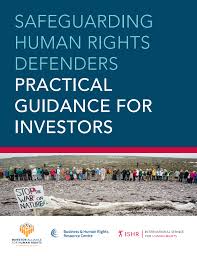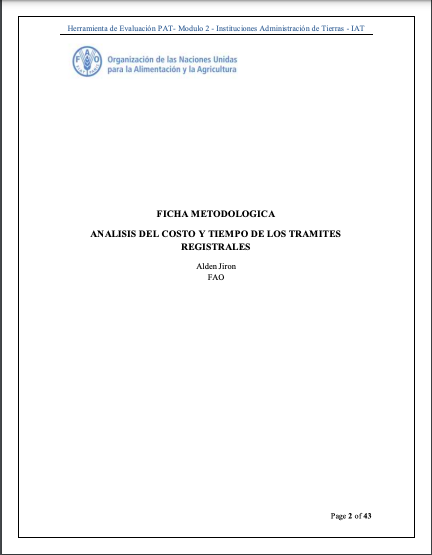Pressions, tensions et refoulements autour de la certification foncière : dynamiques régionales dans les projets pilotes de certification en Côte d’Ivoire
Cet article analyse l’histoire de la Côte d’Ivoire en matière de certification des terres de 2004 à 2017, en passant au crible les variables de l’économie politique qui causent des frictions et ralentissent les programmes d’enregistrement des droits fonciers dans les pays africains. Sont ainsi identifiées les inégalités régionales, les inégalités sociales, et les différences régionales dans les institutions foncières préexistantes comme des facteurs qui entravent la réforme foncière.


